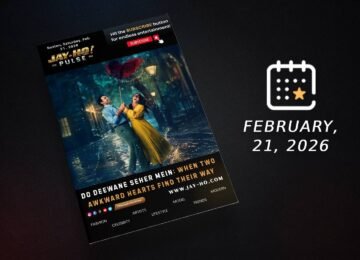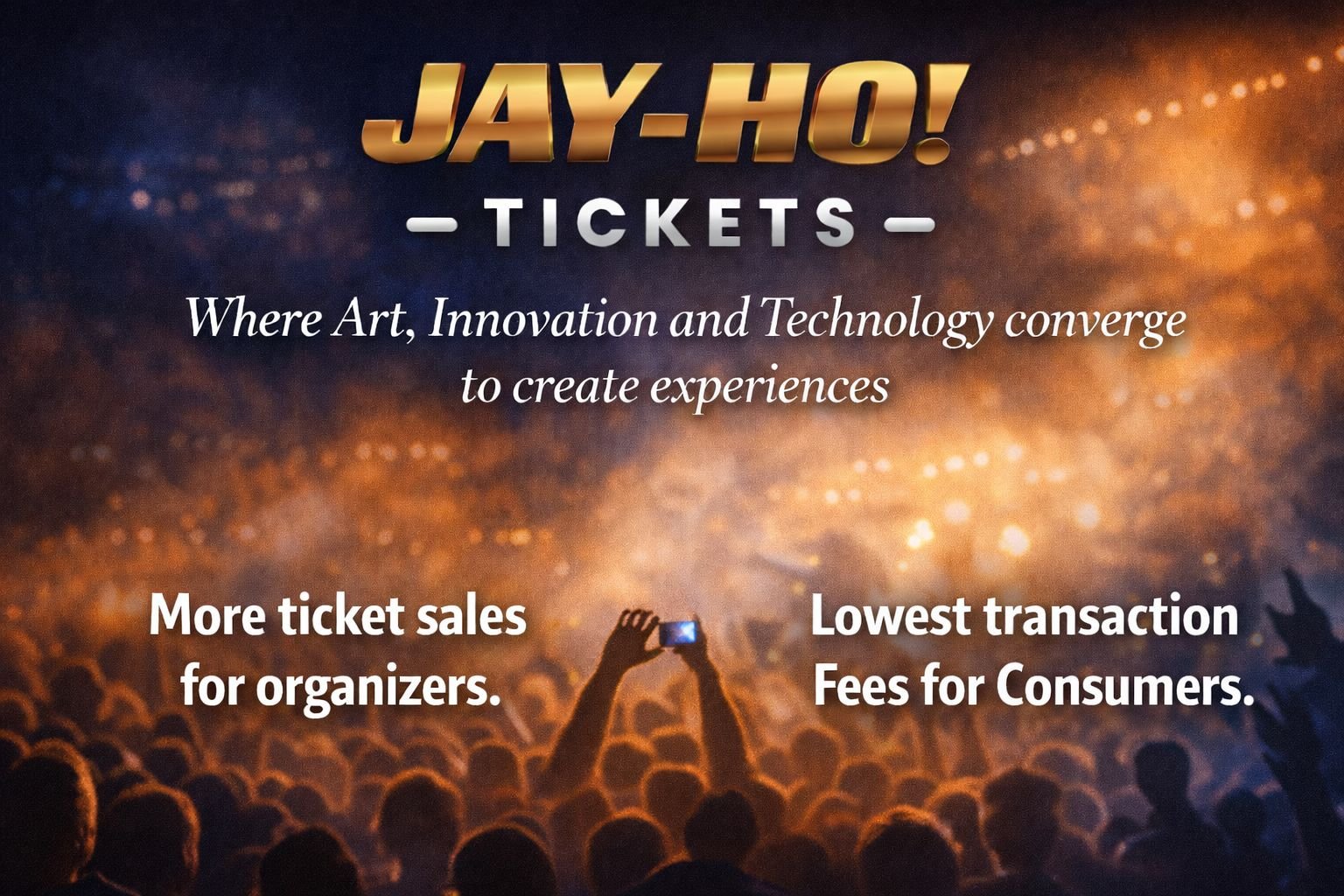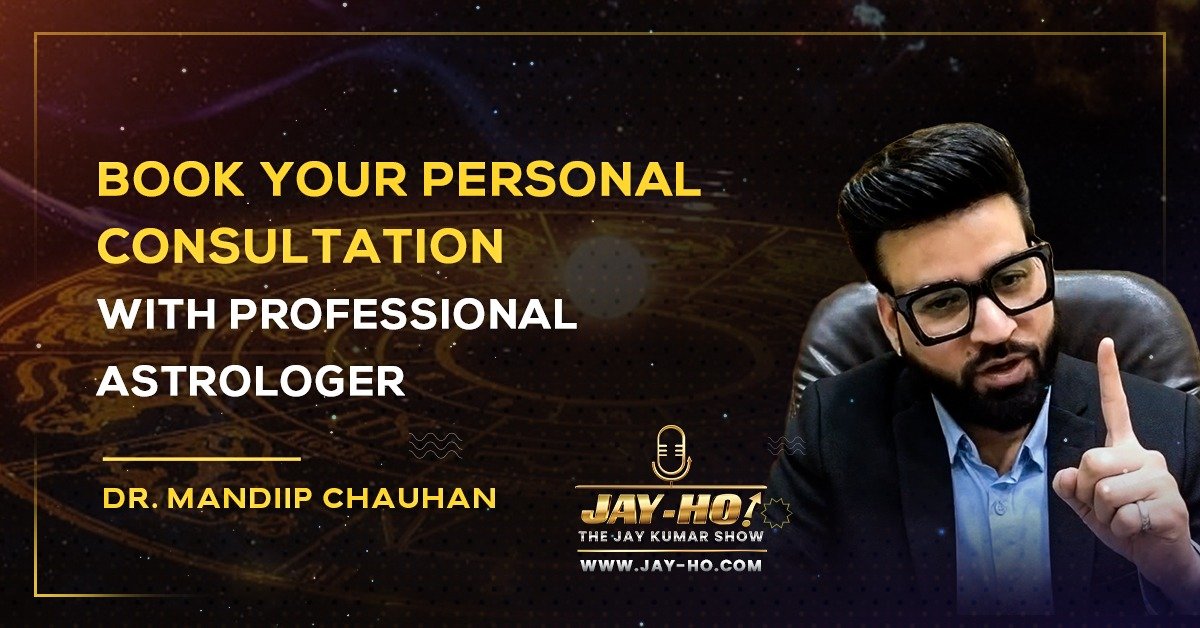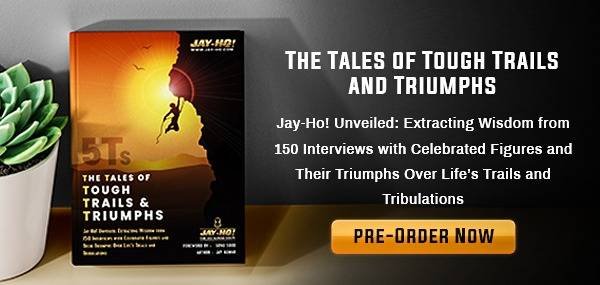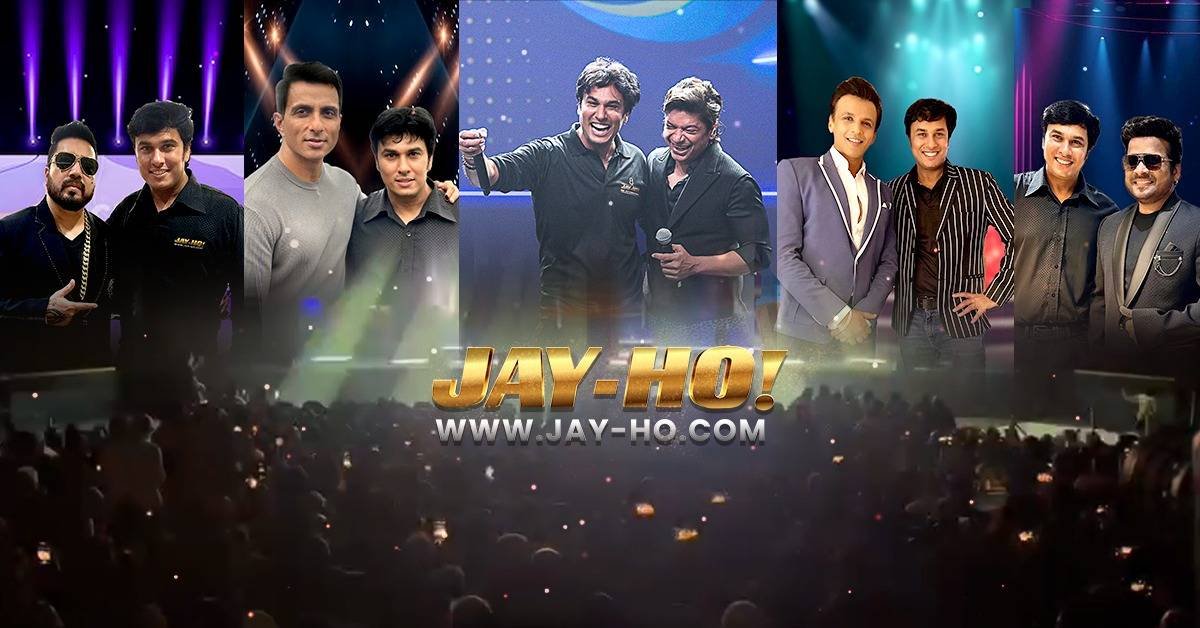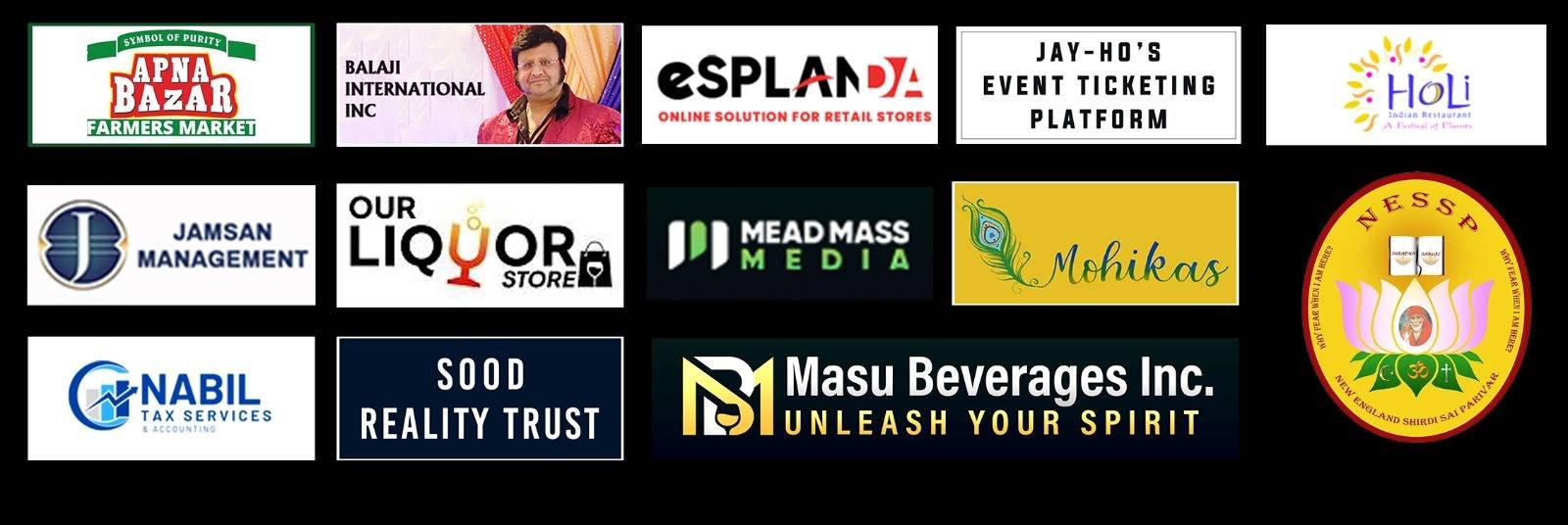In today’s fast-paced world, we are constantly bombarded with digital noise, virtual meetings, and an always-on lifestyle that leaves little room for genuine, soul-stirring experiences. Yet, amid all this, a timeless phenomenon is quietly offering one of the most powerful forms of relief—live music.
More than just a source of entertainment, live music has captured the attention of scientists, psychologists, and neurologists alike. Research is increasingly showing that attending musical events—whether grand concerts, intimate acoustic shows, or community-based performances—has deep and lasting benefits for the human mind and body.
And while Jay-Ho! may be known for celebrating artists and cultural icons, there’s something more profound happening behind the scenes: we’re participating in a shared experience that has been scientifically shown to support mental health, build resilience, and bring people together in meaningful ways.
What the Research Shows: Music, Mood, and the Mind
One of the most comprehensive reviews of music and health comes from Harvard Medical School, which concluded that music-based interventions—especially live ones—can improve both mental health and overall well-being. Whether it’s reducing anxiety, lifting depression, or helping manage chronic pain, music taps into areas of the brain associated with memory, emotion, and motivation.
A 2022 article from Harvard Health Publishing noted that listening to or participating in music “can help reduce stress, alleviate pain, and improve memory and cognition.” This is particularly true when experienced in a group setting, where the energy, anticipation, and real-time performance further amplify these effects.
Meanwhile, researchers at Yale University are exploring how group-based music programs may help those with severe mental health conditions. In a recently funded study supported by a $2.1 million NIH grant, Yale scientists are examining how collaborative music-making influences empathy, emotional processing, and neurobiological function in individuals with psychosis. The hope? That music could become a therapeutic tool in psychiatry.
Dancing With the Brain: Neurological Effects of Live Music
Music isn’t just something we hear—it’s something we feel, physiologically. Studies using fMRI scans reveal that live music activates the reward system of the brain—the same part associated with pleasure, motivation, and even survival. This stimulation releases dopamine, often called the “feel-good” neurotransmitter, which boosts mood and enhances social bonding.
In a Yale-affiliated study involving older adults participating in live Latin dance sessions, participants showed measurable improvement in not only balance and coordination, but also cognitive flexibility, reaction time, and emotional resilience. Remarkably, even brief exposure to rhythmic, live music had a positive impact on self-esteem and social interaction—two areas deeply affected in populations prone to isolation or stress.
The Jay-Ho! Experience: More Than Just a Show
At Jay-Ho!, we’ve always believed that music is a connector. But over the years, we’ve come to understand something even deeper—these live events, interviews, and performances we host are not just media content. They’re micro-moments of healing.
When you attend a Jay-Ho! show, whether in person or online, you’re not just watching—you’re engaging. You’re hearing stories of struggle and success, feeling the raw emotion in live vocals, and absorbing energy that can’t be replicated through a screen. That energy, backed by science, can spark joy, release tension, and even influence the way we perceive our own challenges.
In fact, guests who come on our platform often share how music shaped their lives not only artistically, but mentally and spiritually. And audience members echo the same sentiment: that they leave a Jay-Ho! performance feeling lighter, inspired, and more connected—to the world and to themselves.
Live Music Builds Community—and That Heals Us Too
According to studies from the University of Oxford, singing and dancing together increases pain tolerance and stimulates endorphin release, a hormonal response that enhances social bonding. The sense of “moving as one” during a live concert, even among strangers, mimics ancient tribal behaviors rooted in human survival and cohesion.
This social synchrony leads to feelings of belonging, reduces loneliness, and creates a buffer against depression and anxiety. One UK-based study found that people who regularly attended live music events reported greater life satisfaction, higher self-rated health, and even longer lifespans than those who did not.
So, it turns out that dancing in the aisles, clapping in rhythm, or swaying to a ballad isn’t just fun—it’s medicine.
Sound as Therapy: A New Frontier
Modern medicine is now acknowledging what artists and audiences have always known: that music heals.
Institutions like Johns Hopkins, Stanford, and MIT are conducting studies into how music influences neural plasticity, helps stroke survivors regain speech, and supports patients dealing with PTSD and chronic stress.
A particularly notable finding from Stanford University shows that rhythmic music can cause brainwaves to synchronize with the beat, creating patterns that reflect deep meditative states and increased focus—comparable to results achieved through mindfulness and certain medications.
So, Why Does This Matter?
Because in a world full of distractions, chaos, and constant scrolling, live music remains one of the few human experiences that brings us into the present moment, fully. It’s not filtered. It’s not pre-recorded. It’s vulnerable, real, and it meets us where we are—often lifting us higher than where we began.
For engineers analyzing systems, doctors treating the body, and scientists decoding the brain—live music represents the perfect harmony between emotion and evidence, humanity and healing.
In Conclusion: Go to That Show
So the next time life feels overwhelming, or you find yourself craving connection in a fast-moving world, consider stepping into the magic of live music. Not just for the melody, but for the mood it lifts, the stress it eases, and the joy it stirs—backed not only by ancient wisdom but by the halls of Harvard, Yale, and Imperial College London. Science has spoken. Your soul already knows. And if you’re wondering where to begin, perhaps start with something close to home—Jay-Ho!’s upcoming concert awaits, not just to entertain, but to remind you how alive you really are.



